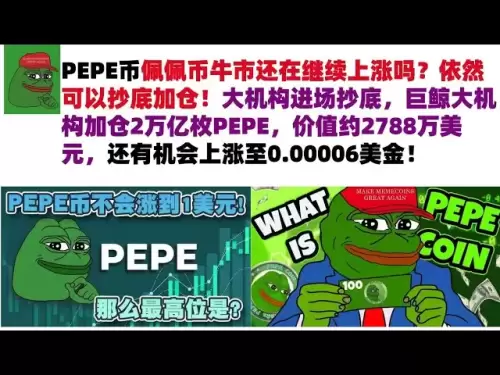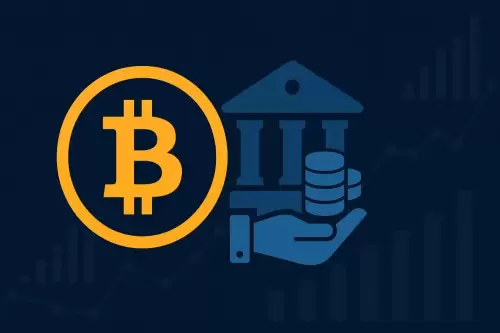
The Solana Foundation has recently disclosed a critical vulnerability in its privacy-focused token system, an issue that could have had devastating consequences for the ecosystem.
The bug, identified in the ZK ElGamal Proof program, exclusively affected the confidential transfers of Token-22 tokens and did not impinge upon the standard SPL tokens nor the main logic of the Token-2022 program.
At the heart of the problem was an error in the implementation of zero-knowledge proofs (ZKPs), a sophisticated cryptographic method used to prove the validity of a transaction without revealing sensitive data such as amounts or addresses. This system is crucial for ensuring privacy in blockchain transactions, but it was precisely here that the bug was nested.
As explained by the Solana Foundation, the issue arose due to the lack of some algebraic components in the hashing process during the Fiat-Shamir transformation, a key step to render the proofs non-interactive. In essence, this flaw enabled a skilled attacker to forge proofs that would still be accepted by the on-chain verifier.
If exploited, this vulnerability could have allowed malicious actors to mint an infinite number of tokens or withdraw funds from other accounts without authorization—a potentially catastrophic risk for the integrity of the network and user trust.
However, it’s important to emphasize that the vulnerability was discovered in time and there is no evidence that it was ever exploited. All funds, according to the Solana Foundation, remain safe.
The first warning sign came on April 16, when the Anza security team published a notice on GitHub, accompanied by a working proof-of-concept. The alert immediately mobilized the engineers from the Solana, Anza, Firedancer, and Jito development teams, who verified the bug and promptly began mitigation operations.
The following day, April 17, an initial patch was distributed to the validator operators, followed by a second patch released that same evening to address a related issue in another part of the code. Both fixes were reviewed by three independent security firms: Asymmetric Research, Neodyme, and OtterSec.
Thanks to the timely collaboration between the various teams and the transparency in managing the incident, by April 18 the majority of the validators had already implemented the patches, drastically reducing the risk of exploit.
The Solana Foundation, in a post-mortem published later, confirmed that there were no attacks or loss of funds. The incident, however, highlighted the importance of constant monitoring and a solid security infrastructure, especially for advanced features like confidential transfers.





















































































